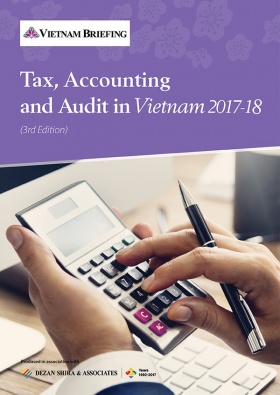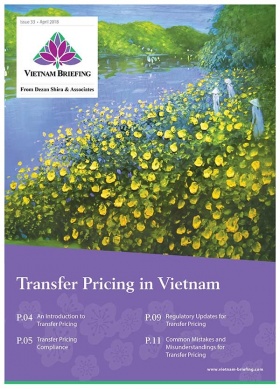Growing Market Potential of Fintech in Vietnam
According to a recent study titled “ASEAN FinTech Census 2018” by Ernst & Young (EY), Vietnam currently ranks second amongst ASEAN member states in the number of incubators, accelerators, and innovation labs in the region. Singapore leads the rankings with 52 incubators, accelerators, and innovation labs, followed by Vietnam at 24.
Vietnam’s fintech industry
With its young demographic, the rise in consumers spending, and growing smartphone and internet penetration, Vietnam has emerged as a significant market for fintech developers. As of now, 90 percent of transactions in Vietnam are conducted in cash, and this has led fintechs to focus primarily on the development of payment services. Around 47 percent of Vietnamese fintech startups are only focused on payments, the highest concentration in the region.
According to EY, there are currently around 77 fintech firms in Vietnam. The total investment in 2016 in Vietnamese fintech startups was US$129 million, accounting for 63 percent of all startup funding value, according to Topica Founder Institute.
In 2017, the fintech market reached US$4.4 billion and is estimated to reach US$7.8 billion by 2020, driven by growing bank penetration.
Industry challenges
One of the major challenges faced by Vietnamese fintech startups is the lack of government policies and regulations that can support the development of the ecosystem. In addition, Vietnamese banks are reluctant to work with fintech firms, without realizing that technology can help the bank to expand their services and increase their reach to those currently without a bank account.
Furthermore, according to EY, startups in Vietnam also face other issues such as lack of talent and funds.
Optimistic future
Overall, fintechs are highly optimistic about the future of the industry in the region, in terms of adoption, expansion, and revenue generation. According to EY, 89 percent of the firms believe that users are keen on adopting fintech services, while 87 percent are planning to expand beyond their current markets in the next 12 months.
Along with Southeast Asia, other regions such as the US, UK, and China are a priority for firms for achieving growth. As for revenue generation, 61 percent of the firms believe that it is their immediate future goal for 2018, according to the survey.
Going forward
With cash as the major form of transactions and a growing smartphone penetration, fintech firms have an opportunity to develop solutions for consumers related to payments to make it easier, efficient, and secure. The fintech sector has a very high growth potential in Vietnam and will continue to attract funding, especially from venture capital funds. In addition, M&A activity is also expected to increase as consolidation occurs and firms try to expand, introduce new technologies, and increase service offerings.
However, the fintech industry’s growth will not only depend on investments, new technologies, or smartphone penetration but will also require a robust legal framework. The government has started to take note of the rise of fintech and last year it established a steering committee on fintech to improve the ecosystem. They also issued a plan to reduce cash transactions by 2020 to less than 10 percent of total transactions, which seems ambitious. Going forward, the government needs to continue promoting the adoption of such technologies amongst the citizens and government institutions, work closely with private players, increase access to digital services, and develop a positive legal framework to facilitate the growth of fintech throughout the country.
Vietnam Briefing is produced by Dezan Shira & Associates. The firm assists foreign investors throughout Asia and maintains offices in China, Hong Kong, Indonesia, Singapore, Vietnam, India, and Russia.
Please contact vietnam@dezshira.com or visit our website at www.dezshira.com.
- Previous Article Vietnam: New Regulations for Online Gaming, Social Networks, and Information Websites
- Next Article Inde-Vietnam : un partenariat stratégique global émerge
































